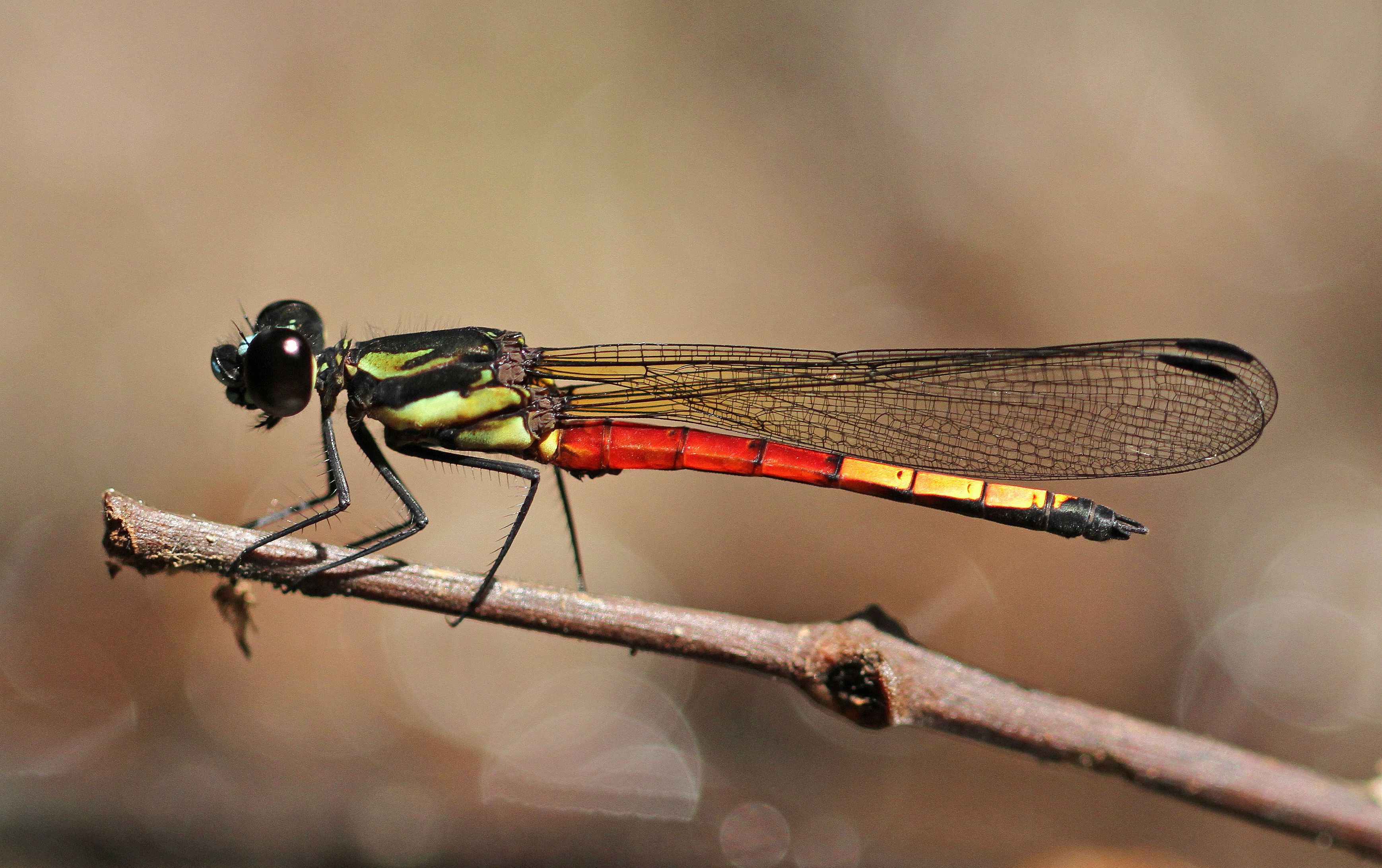Dragonflies at risk of extinction as world’s wetlands disappear
Some 16 per cent of dragonfly and damselfly species are at risk of extinction

Your support helps us to tell the story
From reproductive rights to climate change to Big Tech, The Independent is on the ground when the story is developing. Whether it's investigating the financials of Elon Musk's pro-Trump PAC or producing our latest documentary, 'The A Word', which shines a light on the American women fighting for reproductive rights, we know how important it is to parse out the facts from the messaging.
At such a critical moment in US history, we need reporters on the ground. Your donation allows us to keep sending journalists to speak to both sides of the story.
The Independent is trusted by Americans across the entire political spectrum. And unlike many other quality news outlets, we choose not to lock Americans out of our reporting and analysis with paywalls. We believe quality journalism should be available to everyone, paid for by those who can afford it.
Your support makes all the difference.Nearly a fifth of the world’s dragonflies and damselflies are at risk of extinction, a nature conservation group has found.
The destruction of wetland habitats is driving the decline; for example in Southeast Asia where rainforest and wetland areas are being cleared to make room for crops such as palm oil.
Some 16 per cent out of 6,016 species of dragon and damselflies are at risk of extinction, according to the International Union for the Conservation of Nature’s (IUCN) red list of threatened species.
The number of species on the red list exceeded 40,000 for the first time on Thursday and it now includes 142,577 animal species, of which 40,084 are at threat of extinction.
Viola Clasnitzer, a biologist studies dragonflies, called the IUCN findings a “warning sign” and said that more could be endangered given many species could not be assessed due to data gaps.
She said: “We do not know how many small pieces from the entire ecosystem we can kick out - that’s what we are now doing - until the whole ecosystem collapses.”
Scientists estimate that 64 per cent of the world’s wetlands have disappeared since 1900. In the latest Global Wetland Outlook paper, researchers reported that 35 per cent of wetland habitat losses have happened since 1970.
Dr Bruno Oberle, IUCN director general, said: “By revealing the global loss of dragonflies, today’s Red List update underscores the urgent need to protect the world’s wetlands and the rich tapestry of life they harbour.
“Globally, these ecosystems are disappearing three times faster than forests.”
He continued: “Marshes and other wetlands may seem unproductive and inhospitable to humans, but in fact they provide us with essential services. They store carbon, give us clean water and food, protect us from floods, as well as offer habitats for one in 10 of the world’s known species.”
Human activity is responsible for the rapid decline of the world’s wetland habitats. In South and Southeast Asia, more than a quarter of all species are threatened.
In Central and South America, the major cause of dragonflies’ decline is the clearing of forests for residential and commercial construction.
Pesticides and other pollutants also threaten the survival of dragonflies, especially in North America and Europe.
Reducing the number of wetland predators - such as dragonflies - also leads to higher numbers of mosquitoes, which carry diseases.
“There is this perverse attitude around the world that wetlands are there to be reclaimed and made more habitable for humans”, head of the Red List unit, Craig Hilton-Taylor, said.
“That’s not reclamation, that’s destruction.”
Join our commenting forum
Join thought-provoking conversations, follow other Independent readers and see their replies
Comments